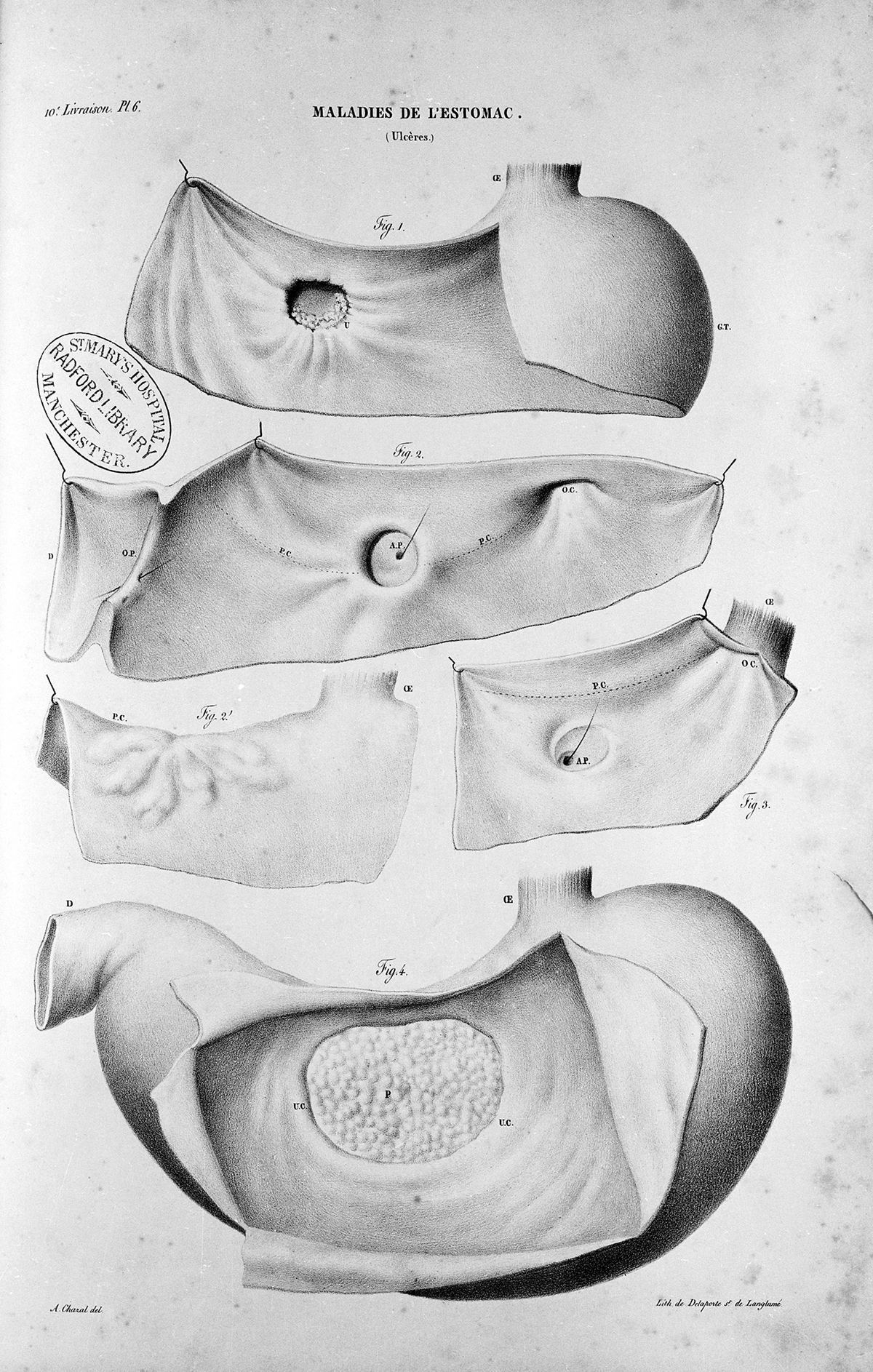
What is Stomach Ulcer?Stomach ulcer, also called the peptic ulcer, represents break in the tissue lining of the stomach. These open sores may also develop inside the upper small intestine (duodenum) and esophagus. Ulcers of the duodenum are called duodenal ulcers and ulcers of the esophagus are termed as esophageal ulcers. Stomach ulcer is a common disease that affects around 10% of American population each year. Stomach ulcers are in most cases caused due to infection by Helicobacter pylori bacterium. Regular use of nonsteroidal anti-inflammatory drugs (NSAIDs) as well as medications for treatment of osteoporosis often cause stomach ulcers too. Other causes include stress, smoking, alcohol drinking and spicy foods.
Signs and Symptoms of Stomach Ulcer
People with stomach ulcers commonly experience constant discomfort in the stomach. Sudden, sharp and burning abdominal pain is the major symptom of stomach ulcer. This pain may last from few minutes to several hours and it is known as episodic epigastric pain. Abdominal pain can be felt anywhere from the navel to the breastbone. The pain usually occurs after a meal and may flare at night. It can disappear and then return after couple of days or weeks. Apart from the pain, stomach ulcer is accompanied with bloating, nausea and vomiting. Loss of appetite and weight loss are often seen too in patients with stomach ulcers. Severe signs that stomach ulcers may cause include blood in stool, vomiting of blood, anemia and sudden, unbearable, persistent pain in the abdomen. These symptoms may be due to major damage to the stomach lining and rupture of tissue. That can lead to peritonitis which is inflammation of the inner lining of abdominal cavity caused by leakage of digestive juices and food into the abdominal cavity. This condition requires emergency.
Treatment for Stomach Ulcer
Treatment for stomach ulcer can vary depending on the cause and severity of symptoms. Antacids and acid blockers are given to reduce acid secretion and relieve the pain. Antibiotic medications are used to destroy H. pylori but they may cause side effects such as diarrhea, loss of appetite, vomiting and headache. Proton pump inhibitors are medications that can be also used in treatment of stomach ulcer. They reduce acid and promote healing of the ulcer. Bleeding ulcers are treated by clipping of the affected area and with injection given for stopping of bleeding. Dealing with stomach ulcer also includes lifestyle and diet changes. This means quitting smoking, avoiding alcohol and staying away from spicy foods.



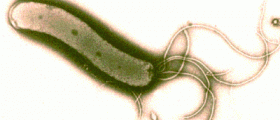

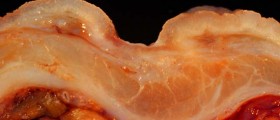


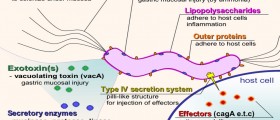

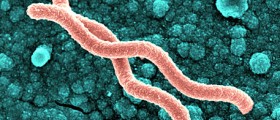






Your thoughts on this
Loading...